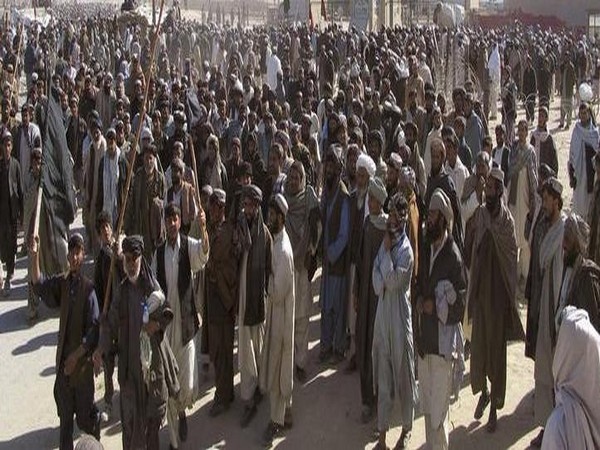Islamabad : One of Pakistan’s lawyers Babar Sattar, who writes articles for leading daily The News and other publications, has objected strongly to the ongoing censorship of the media, print and electronic, in Pakistan.
In a tweet, Islamabad-based Sattar revealed that he has been unable to publish his regular Saturday column this week because of the ongoing censorship against the private and free press in Pakistan.
He was also critical about the shutting down of Geo TV and The Jang Group.
He said his latest weekly column for The News International was on the emergence of Manzoor Ahmad Pashteen as the leader of the Pashtun Tahafuz Movement (PTM), torch-bearer of the Pahstun community and his larger than life impact on the Pashtun consciousness.
Media is banned from mentioning #PTM. Geo-Jang shut down/ordered not to touch sensitive topics. So my Saturday column couldn’t be published #TheAgeOfFreelyControlledMedia. The debate triggered by #PTM is about coercive relationship btw citizen & Pakistani state. My weekly piece:
In his as yet unpublished article, Sattar describes Pashteen and fellow PTM leaders as “remarkable young men still uncorrupted by age and experience, raising basic questions of the state’s responsibility to citizens and whether our state (Pakistan) and its power elites have made choices and pursued policies that are in our best interest.”
Taking his criticism of the establishment in Pakistan forward, Sattar maintains, “If it weren’t for them (Pashteen and other PTM leaders), and the fact that their message is resonating with Pakistanis, there is much else around us leading to the conclusion that we are a people with dead souls.”
He adds that the questions that the PTM is asking are “thorny for a state not used to any accountability.
“But our state’s response to PTM reinforces the urgent need to ask those questions.. What kind of people would we be if we didn’t feel the need to pin responsibility for the loss of thousands of citizens and soldiers consumed by the fires of bigotry, hate and violence that have been raging across Pakistan?” he asks.
In his article, Sattar appeals for not reducing the PTM “to a Pashtun versus Punjabi conversation; one about ratios of Pashtun representation across power elites, or role of Pashtuns in shaping and executing policies that PTM is questioning. This is a conversation initiated by those worst hit by bogus policy choices of state that refuses introspection.”
He asks whether the powers that be in Pakistan can take the step of co-joining Articles 247 and 25 of the Constitution to ensure that all citizens are treated as equals and not to treat the Federally Administered Tribal Areas (FATA) as a colony without the right to self-govern itself.
He further asks, “Why is our state so insecure that it must deny agency to citizens raising critical voices by ‘otherising’ and placing them in (the) enemy camp.”
He believes that there is a pattern behind the state silencing and demonizing all elements that it sees as being “western sponsored/ funded”.
He concludes his article by saying that the need of the hour “is for the state to take off its blinkers and reimagine, and realign our national interest with the rights and interests of citizens.” This goal or objective, he adds is long overdue. (ANI)

